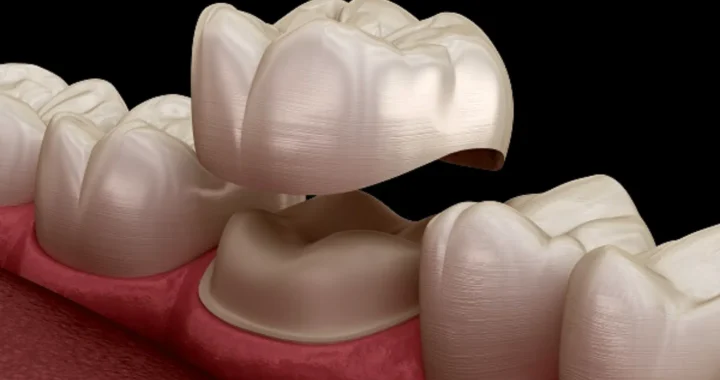How do delta 10 gummies help you relax?

Life runs nonstop with constant demands that keep our nerves frayed and our bodies tense. When feeling chronically stressed, finding healthy ways to press pause and come back to equilibrium is key. For many, delta 10 gummies have become a go-to method for melting away the tension when you need to relax, decompress, and de-stress.
All cannabinoids, including the rising star delta 10 THC, exert their effects by interacting with the endocannabinoid system (ECS) – a complex cell-signaling network innate to mammals that maintains homeostasis. The ECS helps balance mood, appetite, pain perception, memory, and much more through CB1 and CB2 receptors concentrated in the brain, organs, tissues, immune cells, and glands. Phytocannabinoids found in cannabis can mimic endocannabinoids our bodies naturally produce to signal these widespread receptors and influence physiological responses. D10 demonstrates particular adeptness at interacting with CB1 receptors in ways that diminish stress reactions and quiet mental turbulence.
Activating parasympathetic “Rest & Digest” nervous system
The autonomic nervous system controls unconscious body processes through two competing branches the energizing sympathetic “fight or flight” side and the calming parasympathetic “rest and digest” aspect. Chronic anxiety traps the nervous system in overdrive by over-activating the sympathetic side and suppressing the parasympathetic response. delta 10 gummies rebalance this lopsided overload through the vagus cranial nerve which links to both aspects of the nervous system. Studies show THC and other cannabinoids increase vagal tone boosting the output of the “rest & digest” parasympathetic signals to relax the body while suppressing sympathetic over-excitation. This biological switch from wired to relaxed explains D10’s mellowing abilities.
Elevating “Bliss” chemical anandamide
Beyond nerve signals, cannabinoids also elevate mood and lessen anxiety by increasing levels of the endocannabinoid anandamide in areas of the brain tied to motivation, stress, and fear like the amygdala and prefrontal cortex. Dubbed the “bliss molecule”, anandamide soothes nerves much like THC by binding to CB1 receptors, only it occurs naturally within our bodies. Studies confirm THC boosts circulating anandamide, likely by inhibiting its normal breakdown. Experts suspect D10 operates similarly to increase this calming neurotransmitter. The more bliss molecules present, the lower the anxiety we experience.
Activating serotonin receptors
The ubiquitous “happy hormone” serotonin regulates everything from mood and sleep to cognition and digestion. While low serotonin gets blamed for depression and anxiety, researchers now know it’s about proper serotonin signaling that counts. As a close cousin to THC, delta 10 may share abilities to activate specific serotonin receptor sites involved in elevating positive outlook and resilience while reducing fear and distress. It helps explain user reports of anxiety relief and emotional buoyancy from delta 10 without strongly blunted clarity. The deep sense of well-being induced goes hand in hand with relaxed tranquility.
Optimizing mitochondrial function
Delta 10’s ability to motivate relaxation may also stem from improving how our cells produce energy. Mitochondria act as powerhouses inside cells, converting nutrients to ATP molecule fuel. Research reveals cannabinoids boost mitochondrial function through effects on CB receptors concentrated in brain, eye, and muscle tissues with high metabolic demands. By optimizing this energy generation, delta 10 could provide renewing effects on mental and physical processes tied to vigor, endurance, and vitality key aspects suppressed when we feel drained and tense. Supporting healthy energy metabolism fosters states where relaxed calm flourishes.


 Innovations in Health Screenings: Exploring the Latest Technologies in Clinic Services
Innovations in Health Screenings: Exploring the Latest Technologies in Clinic Services  Dental Crowns –Restoring Strength, Function, And Aesthetics.
Dental Crowns –Restoring Strength, Function, And Aesthetics.  One-Person Wonder: Making Waves in the Massage Industry in Gunma
One-Person Wonder: Making Waves in the Massage Industry in Gunma  How Cataract Surgery in Nashville Improves Vision and Quality of Life
How Cataract Surgery in Nashville Improves Vision and Quality of Life  Maintaining Oral Health: The Role of Dentists in Richmond
Maintaining Oral Health: The Role of Dentists in Richmond  How to Choose the Best Implant Dentist in Sheffield: A Guide
How to Choose the Best Implant Dentist in Sheffield: A Guide